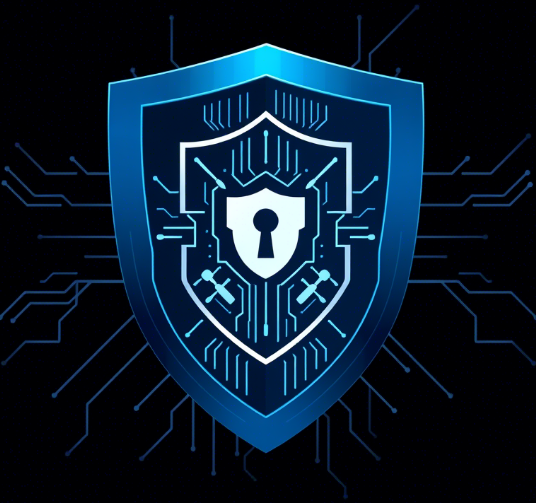Category: Physical view
-
In computer networking, a modem (short for modulator-demodulator) is a device that enables communication between a computer or other network devices and an internet service provider (ISP) or a telecommunications […]
-
In computer networking, an access point (AP) is a device that acts as a central hub for connecting wireless devices to a wired network. It serves as a bridge between […]
-
A network bridge is a device or software component used in computer networks to connect two separate network segments together, allowing communication between them. It operates at the data link […]
-
A network hub is a device used in computer networking to connect multiple devices together in a local area network (LAN). It serves as a central connection point for devices […]
-
A Network Load Balancer (NLB) is a component used in computer networking to distribute incoming network traffic across multiple servers or resources, ensuring that the workload is evenly distributed. It […]
-
NIC stands for Network Interface Card. It is a hardware component that enables a computer to connect to a network and communicate with other devices. NICs are also commonly referred […]
-
The cabling and connections in a network refer to the physical infrastructure that allows devices to communicate with each other. There are various types of cabling and connections used in […]
-
Network devices support a wide range of physical network interfaces, depending on the specific device model and series. Here are some commonly used physical network interfaces: Ethernet Interfaces: Network devices […]
-
The network physical infrastructure layout refers to the physical components and arrangement of a network system. It includes various devices, cables, connectors, and other equipment that are necessary for establishing […]
